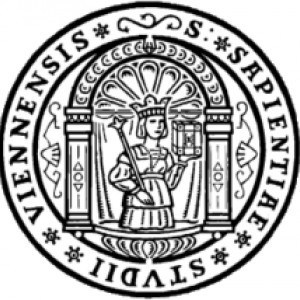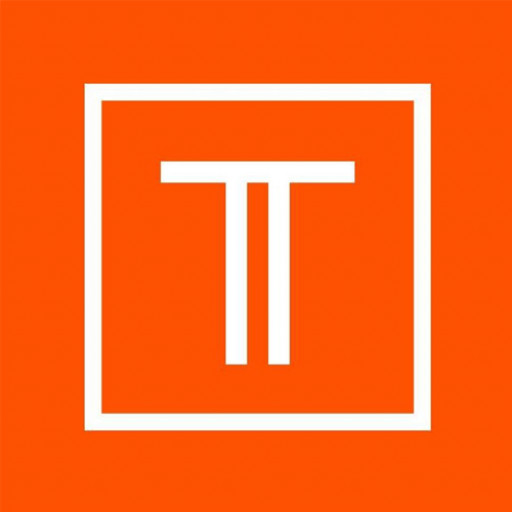Photos of university / #univienna
The BA in Social and Cultural Anthropology at the University of Vienna offers students a comprehensive introduction to the diverse and dynamic field of human societies and cultural practices. This program emphasizes understanding the complexity of social institutions, belief systems, customs, and interactions across different cultures around the world. Through a multidisciplinary approach, students explore topics such as kinship, religion, language, politics, economic activities, migration, globalization, and identity formation. The curriculum combines theoretical foundations with empirical research methods, enabling students to critically analyze social phenomena and conduct ethnographic studies. Instruction is delivered by renowned faculty members who are active researchers in areas like Southeast Asian studies, European societies, and indigenous cultures, providing students with a global perspective grounded in local contexts. In addition to core courses, the program encourages students to engage in practical fieldwork, internships, and study abroad opportunities to gain firsthand experience of diverse communities. The academic environment promotes intercultural competence, ethical research practices, and innovative thinking vital for careers in academia, NGOs, cultural preservation, or international organizations. Graduates of this program are well-equipped with analytical, communication, and research skills, preparing them for further postgraduate studies or entry into careers that require a deep understanding of human cultural diversity. The University of Vienna's social and cultural anthropology program reflects a commitment to fostering critical awareness of social issues and promoting intercultural dialogue, making it an ideal choice for students passionate about exploring human societies from a comparative and holistic perspective.
The SCA bachelor's programme is structured as follows:
- Introductory and orientation phase (StEOP 15 ECTS)
- Foundational phase (52 ECTS)
- Development phase (53 ECTS)
- Intensification phase, during which two bachelor theses must be written (30 ECTS)
- Extension curricula (30 ECTS)
Modules with a combined total of 150 ECTS must be completed in the context of the SCA course offerings. The 30 ECTS credits for extension curricula are comprised of one to two extension curricula or alternative extensions.
The positive completion of StEOP is a requirement for further study.
As a non-EU/EEA-citizen or if your school leaving certificate is from a non-EU/EEA-country, you have to make your application for admission via terrestrial mail until the end of the general admission period.
You have to register via U:SPACE and activate your u:account, which you will need throughout your studies at the University of Vienna. Throughout the whole entrance procedure all information will be sent to the e-mail address you enter in U:SPACE in this registration.
Prepare the following documents for upload (e.g. as pdf or jpeg)
- Secondary school certificate;
- a translation (issued by a court sworn translator) of the secondary school certificate in case it is not issued in German or English;
- passport or personal ID card (plus document verifying a change of name such as marriage certicate);
- special entrance qualification;
- passport photo;
- proof of proficiency in German at B2 level;
- e-card (in case you have an Austrian social insurance number).
The Admission Office needs at least 12 weeks to work through your documents. Send them as soon as possible and at once - you delay the process if you do not upload all documents at the same time!
Scholarships and grants related to the programme (provided by organizations other than the university):
Scholarship of the Scholarship Foundation of the Republic of Austria
Eligible for application are: descendents of forced labourers (regardless of their country of origin) or people coming from countries that have suffered exceptionally from the Nazi regime, especially from the recruitment of forced labourers.
Students meeting the above mentioned criteria can apply to pursue research on their bachelor thesis, on their diploma or master thesis or their dissertation.
Federal Aid for Students - Study Grant
The federal aid measures of Austrian study financing can be divided into two sections: transfer payments, which students receive directly in cash (direct study financing), and expenses which students benefit from either by transfer payments to the students’ parents or non-cash benefits (indirect study financing).
Direct Federal Aid for Students
As a rule, direct federal aid to students is only granted on the basis of differentiated social criteria and only in cases of concurrent academic advancement. There are only a few cases of direct federal aid awarded to students purely on the basis of performance criteria.
If you are a non-Austrian citizen, you must fulfil some special conditions to be granted equal status with Austrian citizens regarding all kinds of direct federal aid for students. Due to the complexity of the legal parameters it is mandatory that non-Austrian citizens contact the responsible study grant department for further information!
- Study grants
- Grant near completion of studies
- Study allowance for tuition fees
- Student financial aid
- Transport cost allowance
- Child care subsidy
- Insurance cost subsidy
- Performance-related grants
- Mobility grant
- Incentive grants
- Grants for study abroad (Travel cost allowance, Subsidies for language courses)
- Orphan’s pension for students
- Subsidized loans
Indirect Federal Aid for Students
Indirect federal aid for students, which represents an important component of social support during the course of studies, consists mainly of financial resources made available to students’ parents (and/or students via their parents). The legally determined obligation of the parents to care for their children until they developed a capacity for self-preservation constitutes the foundation of entitlement to this type of financial aid. Federal aid for students should provide support to parents in this effort. There are subsidies designed to be made available to students by subsidies for or reductions of certain expenses. The supportive character of these measures is indicated by the fact that indirect federal aid for children usually terminates at the end of a child’s 18th year of age. In case of students this period may be extended to the age limit of 24 or 25 years.
ERASMUS
Students may be awarded an Erasmus+ EU grant to help cover the travel and subsistence costs incurred in connection with their study period abroad.
Erasmus+ students - whether or not they receive an Erasmus+ EU grant - are exempted from paying fees for tuition, registration, examinations and access to laboratory and library facilities at the host institution.
Non-EU Student Exchange Program - Incoming Students
Students from non-European partner universities are entitled to study at the University of Vienna for one or two semesters under the Non-EU Student Exchange Program, provided the University of Vienna has concluded an exchange agreement with the student's home university and that the student has been nominated by the partner university.
Please note that you will need to be able to understand, speak and write German at an adequate level if you want to study at the University of Vienna.
Most of the courses are held in German. The following departments usually also offer some courses in English: Business, Law, English and American Studies, History, Political Science, Anthropology, Philosophy etc.
ERASMUS - Incoming
Students from ERASMUS partner universities may spend one or two semesters at the University of Vienna within the ERASMUS programme.
Participation in the programme is based on a bilateral agreement in the relevant field of study with the partner university, and on the student's nomination for an ERASMUS stay by the partner university.
Students should contact their home university to be nominated as an ERASMUS student at the University of Vienna (ERASMUS Code: A WIEN01). The nomination has to be done via our online nomination system.
ERASMUS students who wish to study at the University of Vienna do not need to have an official language certificate. However, during the online nomination procedure your home university must confirm sufficiant language skills when taking up your studies at the University of Vienna.







